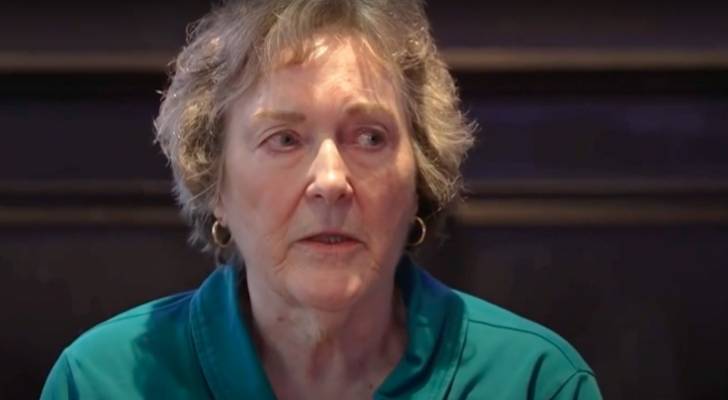Many seniors across the country would consider their senior living community a safe haven. But for some, these properties turn out to be money traps right when their personal finances are most fragile.
Martha Bray, an 84-year-old Vietnam veteran, found herself trapped in such an unfortunate situation.
After 10 years of living at River Glen of St. Charles, a senior living community near Chicago that she describes as her “dream” home, the property was acquired by two investment companies that swiftly raised rents. She told NBC News that her monthly maintenance surged from $1,395 to $6,500 — a 365% increase.
Unable to pay this extortionate rate, Bray ultimately decided to move out and receive only 75% of the $314,000 entry fee she paid to move in. Based on the property’s value at that time, she estimates her total loss at $100,000.
“I just want people to know not to believe a damn word anybody says,” she told NBC News.
“Your money is not safe.”
Indeed, many seniors are exposed to similar risks when they sign up for these seniors communities. Here’s why the industry’s image as a safe haven is looking increasingly shaky.
Factors that make seniors living facilities valuable to many families also make them attractive to investors. Elevated rents, recurring revenue and the nation’s aging population has made this a lucrative asset class for private equity firms.
According to the American Seniors Housing Association’s (ASHA) annual report on the industry, eight of the 50 largest operators in the U.S. senior housing space were private equity firms in 2024. And at least three had partnerships with real estate investment trusts (REITs).
Private equity’s influence could expand further in the years ahead. A survey of seniors housing trends by global real estate investment firm JLL, showed that 78% of institutional investors planned to expand their investments in senior care facilities. “Opportunities exist for investors to acquire high-quality real estate at below replacement cost,” says the 2025 report.
The impact of private equity ownership on residents of these facilities can be “significant and troubling,” according to the Center for Medicare Advocacy.


Add Comment